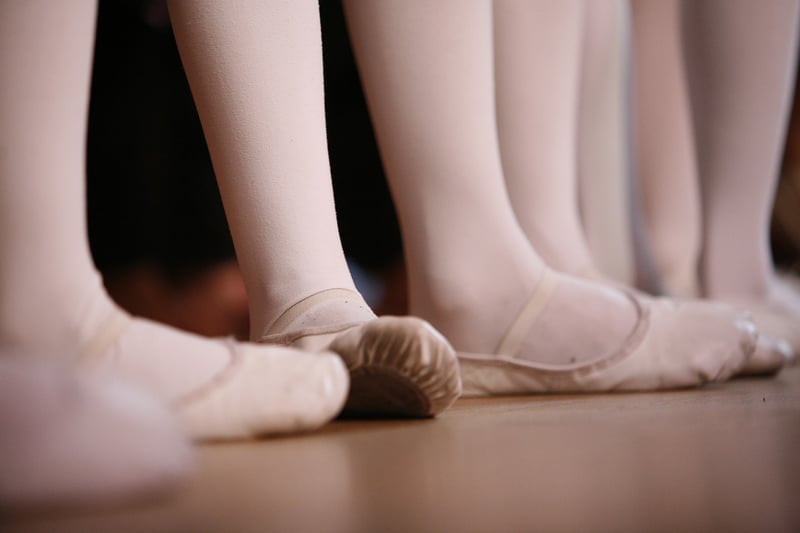Ballet
The Art of Expressive Movement: Exploring Ballet
Ballet, a timeless and graceful form of expressive movement, has captivated audiences for centuries with its beauty and elegance. From the delicate footwork to the soaring leaps, ballet is a true art form that requires precision, strength, and artistry.
The History of Ballet
Ballet originated in the Italian Renaissance courts of the 15th century and later developed into a formalized art form in France and Russia. It has evolved over the years, blending classical technique with modern influences to create a rich and diverse dance tradition.
The Elements of Ballet
There are several key elements that define ballet:
- Technique: Ballet technique focuses on proper body alignment, turnout of the legs, and fluidity of movement.
- Grace: Ballet is known for its graceful and fluid movements that create a sense of lightness and beauty.
- Expression: Ballet dancers use their movements to convey emotion and tell stories, often without words.
- Costumes and Music: Ballet is often performed to classical music and dancers wear elaborate costumes that enhance the storytelling.
Benefits of Ballet
Participating in ballet offers a range of physical and mental benefits, including:
- Improved posture and balance
- Increased flexibility and strength
- Enhanced coordination and agility
- Stress relief and improved mental focus
Experience the Beauty of Ballet
Whether you're a seasoned dancer or a newcomer to the art form, ballet offers a unique and rewarding experience. From the graceful movements to the emotional storytelling, ballet is a true celebration of the human spirit.

Explore the world of ballet and discover the magic of expressive movement!
